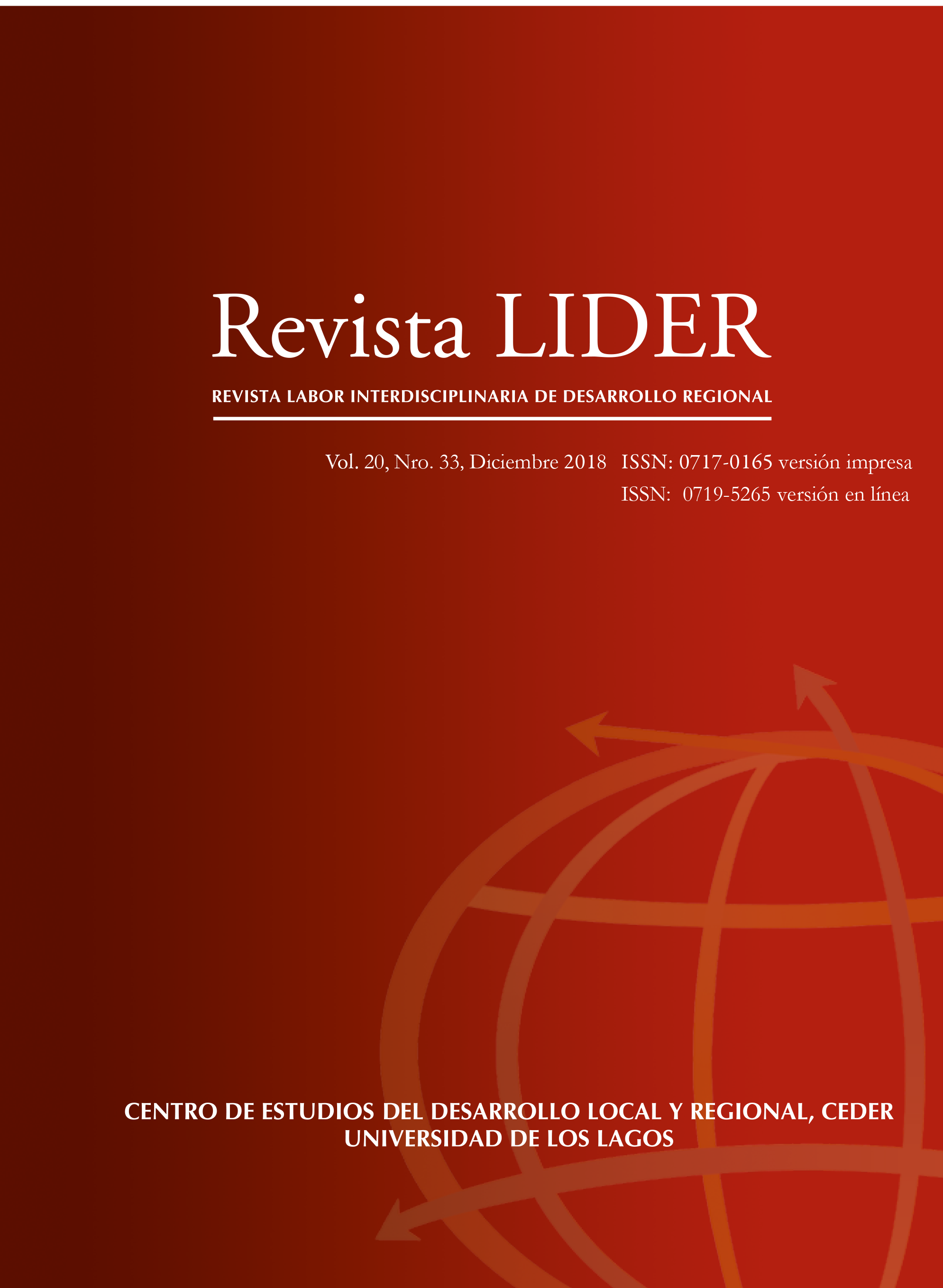Coast Mobilities, Inequality and Territorial Exclusion: Mobility Practices in Chiloé
Main Article Content
Section: ARTÍCULOS DE INVESTIGACIÓN
Abstract
This study aims to approach the mobility practices between Chiloe Island and the mainland in an historical juncture in which the Chacao Bridge construction project is presented as an important transformation on the modes of displacement in this area. Based on a qualitative approach realized in Pargua and Chacao villages, by means of interviews and documentary sources, the study proposes that mobility practices show a convenience disposition towards the ferry system that is comprehended by movement motives. It follows from this approximation that mobility is an experience that is strongly encrypted in the territorial reality and it is determined by inequality conditions and social exclusion presented on localities where it’s developed, which, contrary to the requirements of a better mobility through a bridge, it can give rise to an immobility right.
Article Details
Anabalón, P. (2018). Coast Mobilities, Inequality and Territorial Exclusion: Mobility Practices in Chiloé. Revista LIDER, 20(33), 67-94. Retrieved from https://revistaliderchile.ulagos.cl/index.php/liderchile/article/view/2478
Downloads
Download data is not yet available.

This work is licensed under a Creative Commons Attribution-NonCommercial-ShareAlike 4.0 International License.
